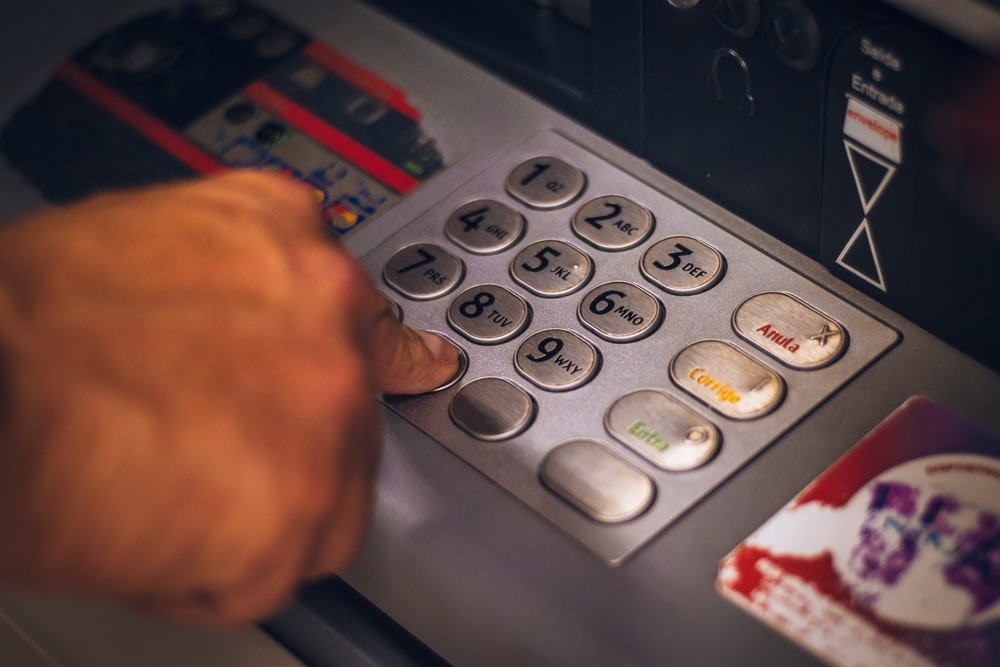Can money really buy happiness?
Some people say money can’t buy you love. They also say it can’t buy you happiness. But what if it could? Thanks to extensive research into both human behaviour and psychology, we can come to understand the objects and experiences that contribute most to people’s happiness. We can also decipher how to get our hands on these objects and experiences, and what that might cost us.
The debate over the path to happiness is perhaps one best left to the philosophers and poets rather than those seeking a quantifiable answer. What we can do, however, is look at the research that exists and see what conclusion it points to in terms of how our spending affects our enjoyment of life.
Put simply, not all purchases are created equal. The same £100 can have a wildly different impact on our happiness, both short and long term, depending on what we choose to do with it.
There is, for example, research to suggest that intangible experiences, such as a holiday, a special meal at your favourite restaurant or a trip to the theatre can actually provide joy for longer than a physical object that would remain in your possession long after the final curtain call. Amit Kumar is an assistant professor of marketing and psychology at the University of Texas whose research focuses on the science of happiness. Kumar explains that, “experiences are fleeting, but not in a psychological sense. They live on in our memories, they live on in the stories we tell.” This statement is shown to be true in research conducted by Carter and Gilovich, published in the Journal of Personality and Social Psychology in 2010. The study demonstrates that while the satisfaction gained from the purchase of a material item tends to decrease over time, the opposite is true with purchases of experiences.
This doesn’t just apply to large purchases either, you don’t need to take a round-the-world trip to feel the benefits of experiential purchases. As Thomas Gilovich, who is a professor of psychology at Cornell University puts it; “these kinds of experiences don’t demand a giant bank account.” Gilovich is also keen to point out that material purchases aren’t inherently bad, they don’t necessarily make you less happy, but, “if you shift your expenditures a bit more in the experiential direction and a bit less in the material direction, you’ll be happier.”


